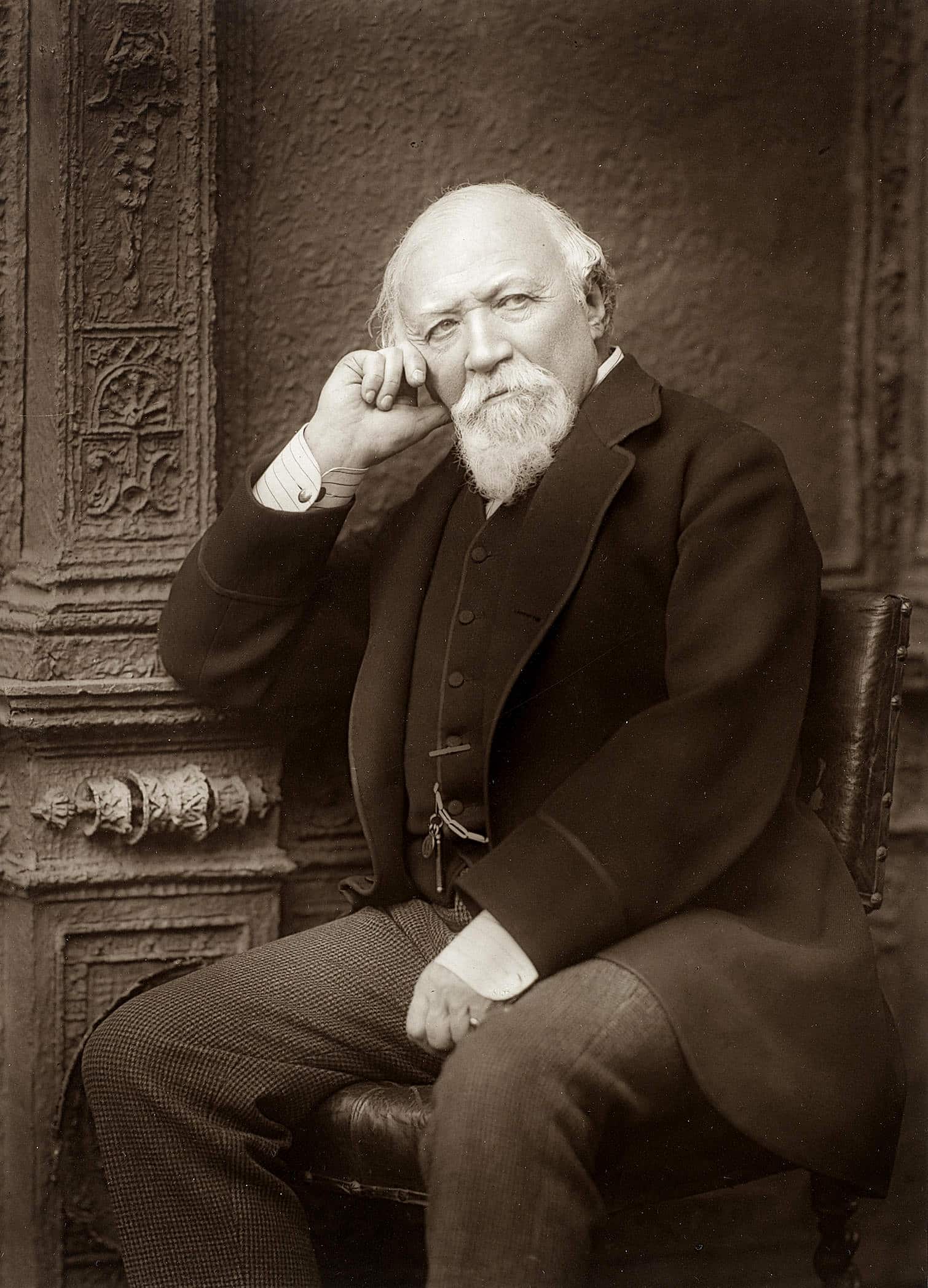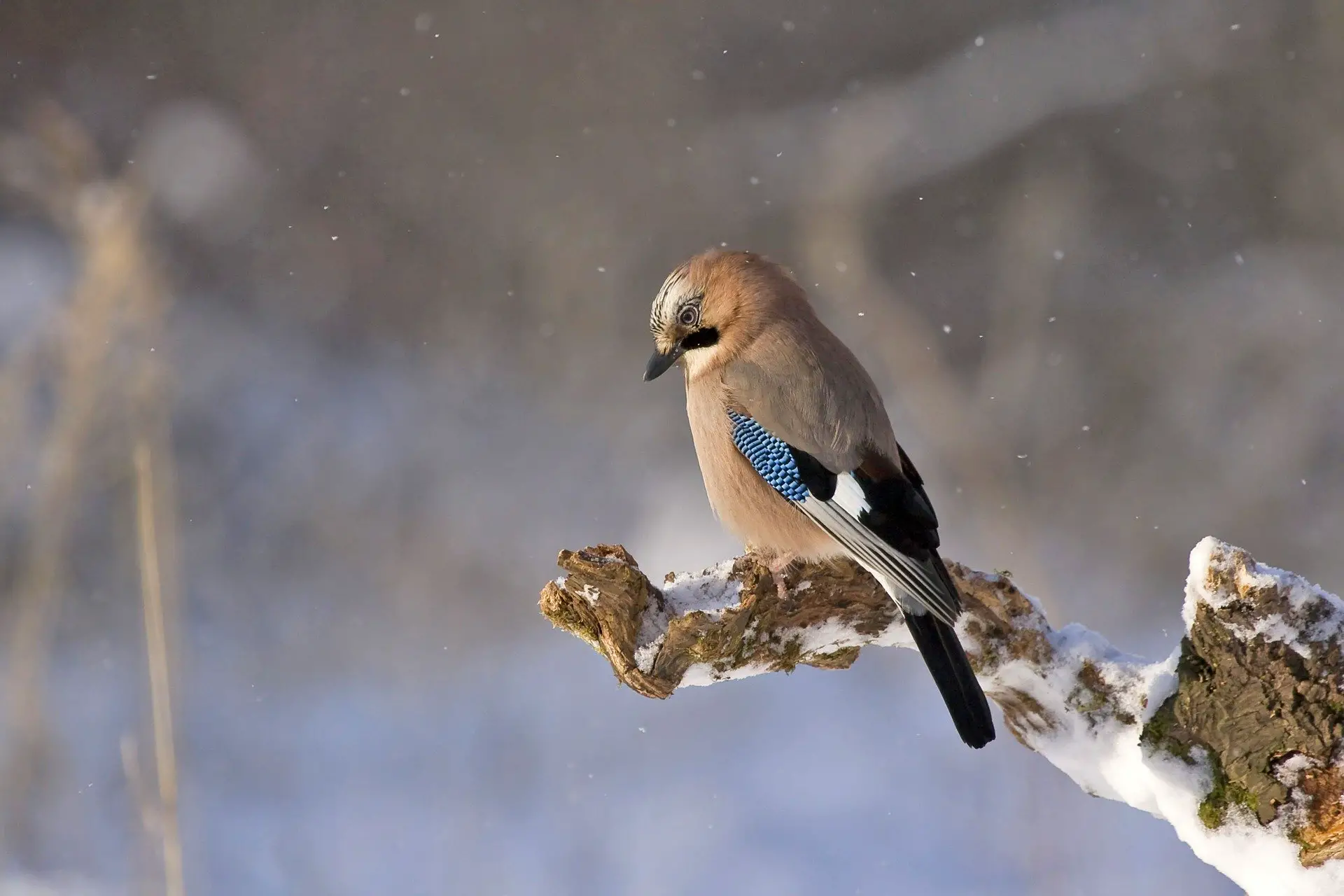
FULL POEM - SCROLL DOWN FOR LINE-BY-LINE ANALYSIS
Oh, to be in England
Now that April’s there,
And whoever wakes in England
Sees, some morning, unaware,
That the lowest boughs and the brushwood sheaf
Round the elm-tree bole are in tiny leaf,
While the chaffinch sings on the orchard bough
In England—now!
And after April, when May follows,
And the whitethroat builds, and all the swallows!
Hark, where my blossomed pear-tree in the hedge
Leans to the field and scatters on the clover
Blossoms and dewdrops—at the bent spray’s edge—
That’s the wise thrush; he sings each song twice over,
Lest you should think he never could recapture
The first fine careless rapture!
And though the fields look rough with hoary dew,
All will be gay when noontide wakes anew
The buttercups, the little children’s dower
—Far brighter than this gaudy melon-flower!

LINE-BY-LINE ANALYSIS
STANZA 1
Oh, to be in England
This famous first line of the poem expresses the speaker’s feelings of homesickness, reminiscing upon all that is great about their home country, England, whilst abroad. The poem is autobiographical – inspired by Browning himself missing England during a trip to Italy in 1845, where he would later move to permanently.
Now that April’s there,
The speaker is most fond of England during springtime and his feelings of nostalgia are derived from reflecting on the country’s beauty at this time.
And whoever wakes in England
Sees, some morning, unaware,
That the lowest boughs and the brushwood sheaf
Round the elm-tree bole are in tiny leaf,
It is the beauty of the natural world during spring that the speaker evidently misses most about England and the sentiment with which he remembers it is the focus of the poem. The ‘bole’ of the ‘elm-tree’ is its trunk around which, the speaker describes, its lowest ‘boughs’ (or branches) grow and ‘the brushwood sheaf’ (piles of undergrowth such as twigs and small branches) are nestled – both of which ‘are in tiny leaf’. This is the image of rebirth and renewed growth that spring is a symbol for – the reason why the speaker remembers it so fondly.
While the chaffinch sings on the orchard bough
In England—now!
The chaffinch is the UK’s second most common breeding bird and its familiarity is comforting to the speaker and reminds him of everyday life back home. Birds are also a metaphor for freedom and independence thanks to their ability to fly, enabling them to freely roam the unbounded skies – hence, the origination of the phrase ‘free as a bird’. This potentially mirrors the emotions of the speaker when at home on English soil.
STANZA 2
And after April, when May follows,
And the whitethroat builds, and all the swallows!
The polysyndeton (repetition of the conjunctive ‘and’) at the beginning of the second stanza creates an excitable tone, conveying how keen the speaker is to share all that is great, of which there is impressive abundance, about his home country. Whitethroats and swallows are more types of bird and how they evolve as the spring continues into May is of particular interest and proclivity to the speaker. Once again, it is this development of nature during the spring with which he is particularly fond.
Hark, where my blossomed pear-tree in the hedge
Leans to the field and scatters on the clover
Blossoms and dewdrops—at the bent spray’s edge—
‘Hark’ means listen – the speaker feels that what he goes on to say is of great significance. This is quite probably due to him referencing his own ‘blossomed pear-tree’. Previously he has been reminiscing about nature that is its own entity belonging to no one, whereas this pear tree belongs to, and his consequently much more personal, to the speaker himself. The ‘blossomed pear-tree’ as well as the ‘blossoms and dewdrops’ are once again magnificent images of nature during spring. All imply a delicate beauty to the natural world.
That’s the wise thrush; he sings each song twice over,
Lest you should think he never could recapture
The first fine careless rapture!
Browning personifies the ‘thrush’, with the speaker remarking that it is wise because it ‘sings each song twice over’ to prevent the listener believing that it could never recapture ‘the first fine careless rapture’, or the pleasure or joy felt by those listening to the thrush’s first song. The tone of these three lines is noteworthy: with the speaker pointing out the ‘wise thrush’ to the reader, who is addressed with the personal pronoun ‘you’, as if both are there, observing it together. It’s almost as though the speaker longs to return so greatly, that he has convinced himself that he is back there or, at least, is finding comfort in this role play which is helping him to feel more connected to his home country.
And though the fields look rough with hoary dew,
All will be gay when noontide wakes anew
The adjective ‘hoary’ means greyish white and the speaker describes the fields as looking ‘rough’ or imperfect when dew of this colour covers them. Although spring’s symbolism of rebirth and renewal (a theme of this poem) is repeated, as the speaker explains that ‘all will be gay’ or perfection will be resumed ‘when noontide (noon)’ comes around.
The buttercups, the little children’s dower
—Far brighter than this gaudy melon-flower!
In the final two lines, the speaker compares ‘the buttercups’ from English springtime to the ‘melon-flower’ from Italian springtime where the poet was visiting when writing this poem. He concludes that ‘the buttercups’ are far greater than the ‘gaudy’ or tasteless ‘melon-flower’. This comparison can be interpreted metaphorically – ‘the buttercups’ referencing spring in England as a whole, versus the ‘melon-flower’ spring in Italy, with the former clearly taking his preference – also evidenced by the sentimental, nostalgic tone this poem takes.


